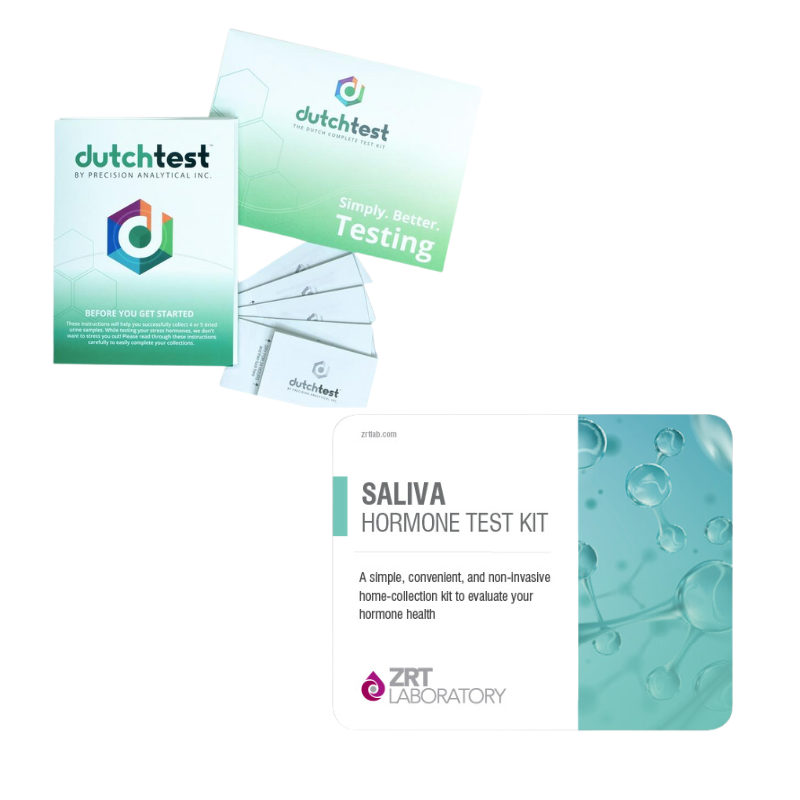Adrenal Fatigue
Sick and tired of feeling wired, and/or irritable and depressed?
Symptoms such as depression, confusion, exhaustion, nervousness, sleep deprivation and GI distress could be a sign of impaired adrenals. And, a sign that is time to talk to someone about your stress.

Other symptoms include weakness, unexplained hair loss, irritability, inability to concentrate, and poor memory

Simple Process and Customized Care

Book Your Appointment

Testing for Adrenal Fatigue

Customized Treatment Plan
WEBINAR
Want to Learn More About Adrenal Fatigue?
Adrenal Fatigue Webinar by Dr. Jordan Axe
